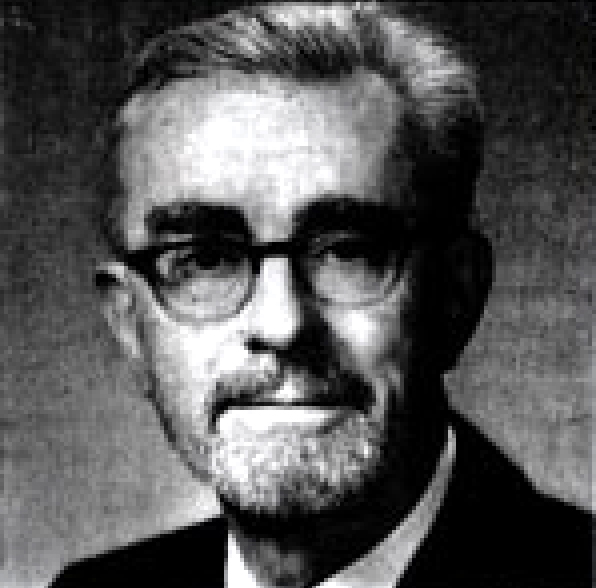Professional Profile: Eugene Belisle 1974
 Eugene Belisle - 1974
Eugene Belisle - 1974Name: Eugene Belisle - 1974
Title: Executive Director
Company: Hartford Development Commission
Birthplace:
Belisle, 64, believes an economic program must include training to upgrade the core of disadvantaged unemployed within the city. Without success in making that core a viable part of the work force, no amount of new industries, increased jobs or added tax revenue can stop the constant social erosion within the community itself. Belisle calls this the new challenge facing the urban economic developer – the wedding of manpower training with economic goals. Belisle has been executive director at Hartford since 1965. He candidly describes the 18-square mile city as the most difficult in which he has worked. Hartford’s lack of land, only 250 acres under-developed, has prevented him going at the job as he had in other cities. Instead of prospecting to find new additions, he spends his time trying to solve problems of the industry Hartford already has, and then, hopefully retain them. Even when a company has made up its mind to pack up and move, Belisle does his best to help relocate that firm in the Hartford metropolitan area. Besides being land poor, Belisle acknowledges several other deficiencies, which plague him in Hartford. The city annually rates in the top three nationally on cost of living. Because of this, labor in the area does not come inexpensively to employers. Although the predominant city in its metropolitan area, Hartford actually has only about a quarter of the population. Consequently it has high city leases to provide adequate municipal services. Taking into account all of these things, Belisle believes Hartford has been remarkably successful in holding onto its growth edge. Up until this decade Hartford had shown such automatic growth that city fathers never had to plan or work actively to insure the city’s economic stability. But the 1970s demand a more conscious, planned effort, not only on the city level, but regionally and statewide, because of Hartford’s high land utilization. Accordingly, in July 1973, Belisle donned a second hat when Hartford was designated as the prime sponsor of a comprehensive manpower program for a 27-town labor market area. Belisle has added qualitative upgrading for Hartford’s inhabitants, hoping to broaden the work force and provide opportunity for employer and employee alike to satisfy their needs. Under Belisle’s impetus, programs have been started on neighborhood conservation and development, principally through private sector interests, to improve integral Hartford commissions through some means other than massive condemnations and uprooting of residents. Facelifting has not been overlooked. The third phase of the downtown Main St. redevelopment, though not committed yet, has a $30 million bond lease ready to go. The other two phases are Consititution Plaza and the $70 million convention center, which features a 400-room hotel and 300,000 sq. ft. of office mall. Belisle became active in economic development after a distinguished career in public relations. From 1943 to 1950 he conducted his own business as a consultant in organization and public relations, specializing in problems and programs of development. Some of his clients included the New England Industrial Development Corp., Ma. Committee for Port Development, New England Regional Committee for Economic Development, Greater Boston Development Committee and the Haverhill Industrial Commission. His background in community and regional, physical, economic and social analysis led to association with the Center for Field Studies at his alma mater, Harvard, after consultant stints at Boston Univ. and Ma. Institute of Technology. In 1958, he got frustrated with his side role in public relations and opted to get with the frontline action of economic development. For two years he was planning advisor and acting planning director to Fall River, Ma., planning board. From there he moved to the Haverhill Industrial Council as director. During five years at Haverhill he organized the non-profit Haverhill Foundation Trust and a 200-acre land assembly and engineering for industrial park development also brining the first four plants into the park. From Haverhill he moved to Hartford, recanting a vow he once made to work with smaller cities because of their room for expansion.





